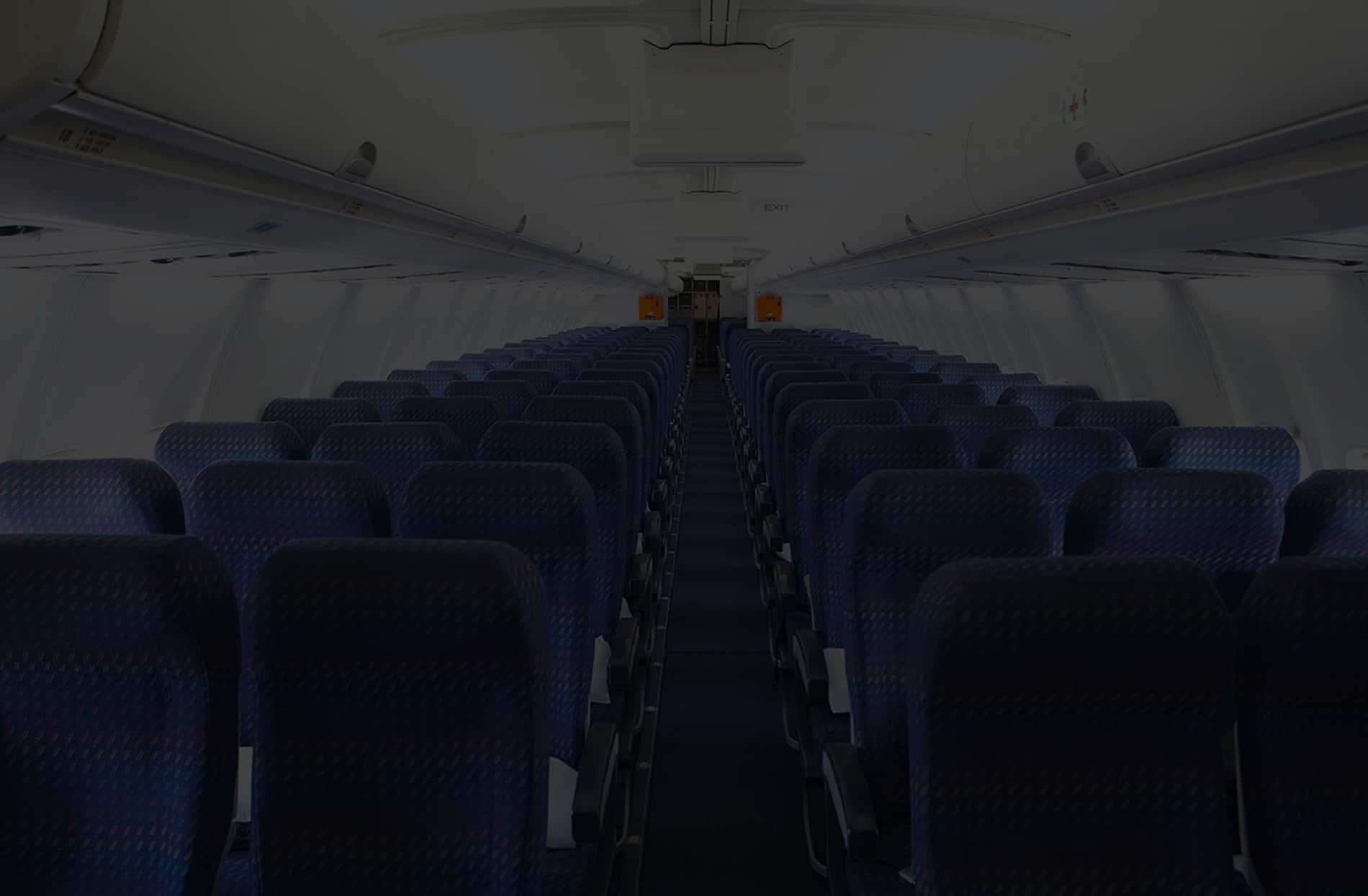
Travel industry responds to Tony Zahra’s free airline tickets proposal

A Knack for Logistics
April 22, 2020
Restaurant Review: Root 81
November 4, 2020Most of the tourism industry agrees with what Tony Zahra, president of the Malta Hotels and Restaurants Association (MHRA), said during a webinar organised by Horeca Magazine: offer free flights to the islands in a bid to attract tourists.
The webinar assessed how the Hospitality Industry needs to gear itself for the coming ‘winter’ months following the upheaval caused by COVID.
Asked what was needed to guide the accommodation sector through the next few months and beyond, Zahra admitted it was difficult to forecast recovery as it all depends “when a medical solution is found”.
The lynchpin, he continued, is the introduction of a vaccine to vanquish Covid-19. Nevertheless, he thinks the tourism industry will recover within two to three years of a vaccine becoming available.
Alan Borg, CEO of Malta International Airport, concurs. He does not foresee a return to pre-2020 traffic levels before 2023.
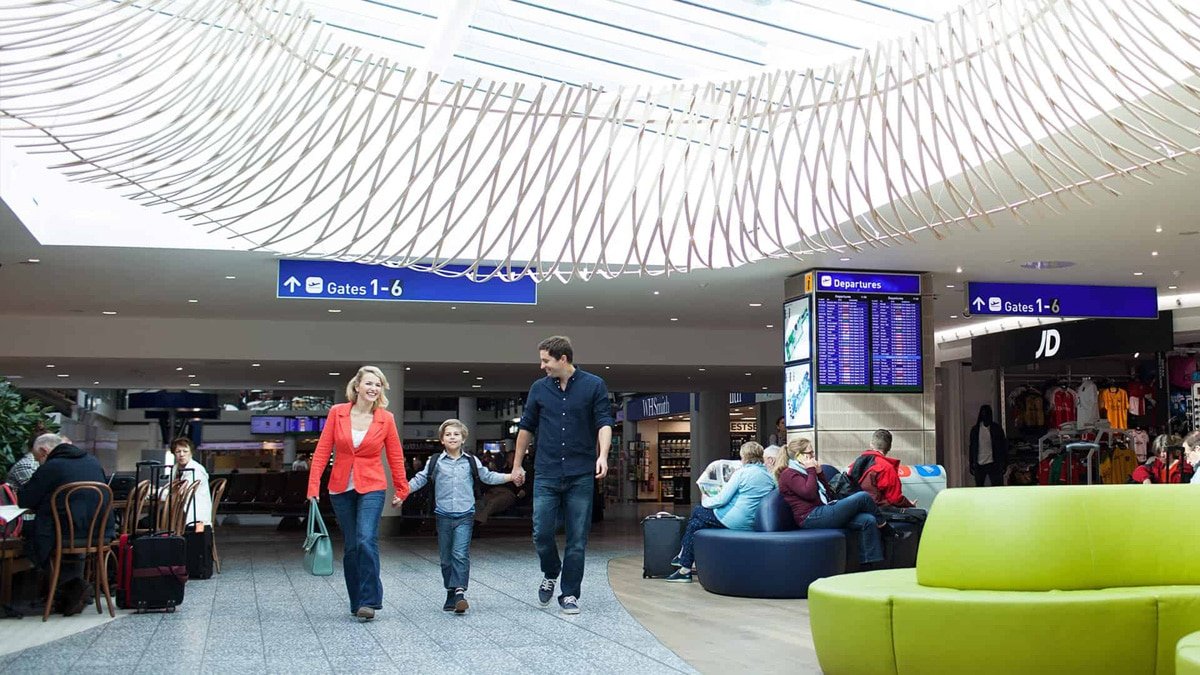
Meantime, the question remains: “how are we going to get people on a plane to travel to Malta” Zahra asked rhetorically.
The government’s wage supplement measures and the €100 voucher scheme helped keep hotels and restaurants afloat, but these cannot be extended indefinitely. The long-term solution, Zahra suggests, is to generate turnover with tourist arrivals.
“One of the possible solutions”, he adds, “could be to allocate the money voted for the vouchers scheme to subsidise flights to Malta”.
This comment generated hundreds of, largely negative, comments in the press and social media.
But how far-fetched is it?
Horeca’s editorial team asked several industry stakeholders their opinion on this suggestion which, incidentally, was not Zahra’s.
The MHRA president did not claim the concept of free tickets as his but said it was “a man in the street” who suggested it to him. “I only repeated what I was told”, says Zahra.
Nevertheless, it did obtain traction with some hoteliers.
“Whilst I do think there is scope to the idea for a short-term injection to keep the industry afloat”, remarks Hilton Malta commercial director Julian Diacono, “this is not sustainable in the medium to long term.
“Furthermore, unless we get the local [Covid-19] situation under control, free flights will not work as safety and peace of mind to travel are key at the moment to get back on the safe travel zone lists of other countries”, adds Diacono.
Alex Pace, general manager of the Dolmen Hotel in Qawra, agrees that the concept of free tickets “makes sense”.
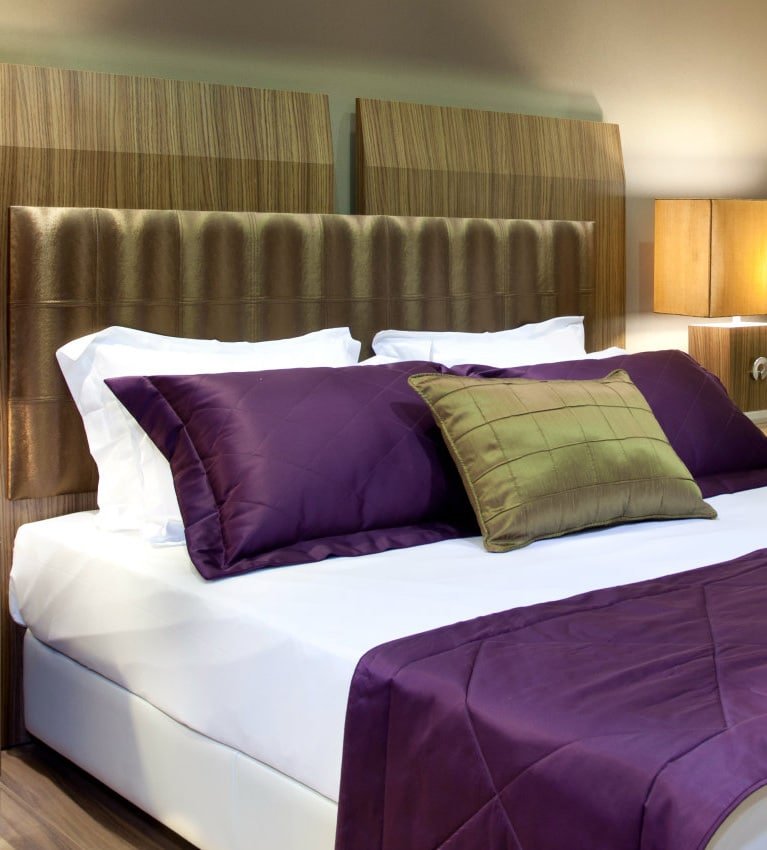
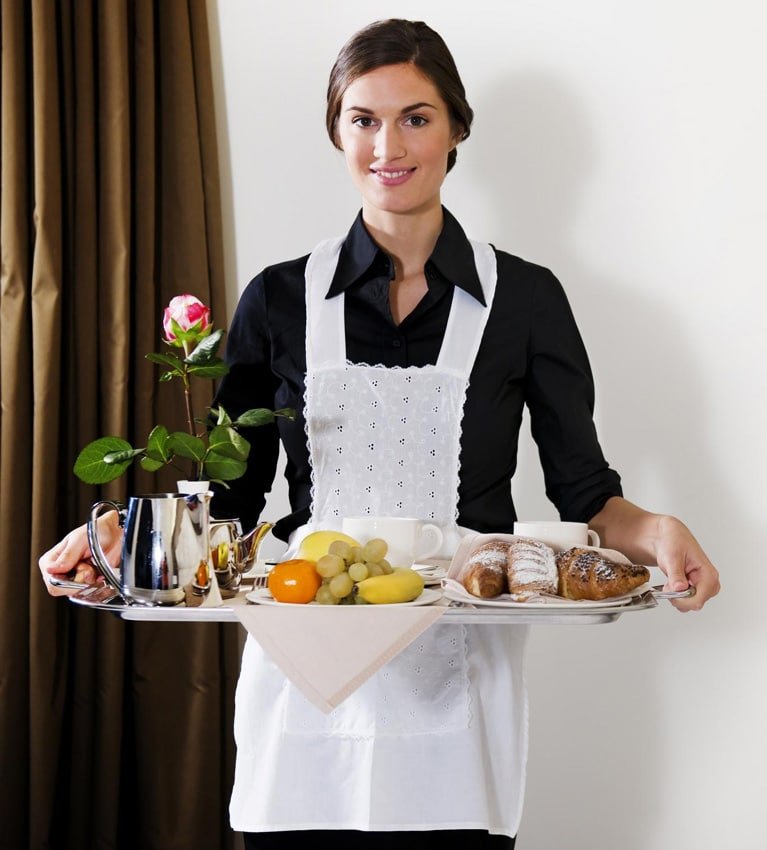
Hotels, he argues, will earn more from a tourist than a ‘staycationer’. A foreign visitor staying in a hotel for three or four nights will spend much more than a local.
Although he would welcome a free tickets scheme, Pace emphasises that he also wants to see Maltese benefit from such schemes as well.
Another general manager – Alex Incorvaja of the Marriott Malta Hotel & Spa – also agrees that more incentives should be offered to potential tourists, possibly during the first quarter of 2021. The existing voucher scheme, he says, has helped but the income from his hotel’s restaurants “is not a big contributor overall, accommodation is”.
Incorvaja agrees that there should be incentives to attract people to the islands but says airlines should be targeted to increase their frequencies and capacities as well.
Hoteliers feel grieved they receive the brunt of negative remarks in the press and on social media but point out that they’ve invested hundreds of thousands in their properties, have to pay their staff their wages, have “monumental” electricity and water bills plus countless other commitments.
“What do you expect us to do”, asks one hotelier who spoke on condition of anonymity. “Summer was a disaster. I had a handful of guests paying discounted rates, and winter looks bleak with just one booking in December.
“Meanwhile, I have huge bank loans that I took to build my hotel, I have employees to take care of, I have a list of never-ending bills. The government’s wage supplement helped, but it will not last forever.
“I ask, do I just close up shop and walk away? Ignore my financial obligations and fire my staff just because someone on Facebook thinks I’m being greedy?
“If someone comes up with an idea that can help me, other hotel owners and, ultimately, the industry and by extension, the country – I’m all ears.”
And it’s not just hoteliers who are in favour of incentives for tourists. James Perry, the CEO of FELTOM – the Federation of English Language Teaching Organisations – believes “that giving an incentive to travel, helps people visit Malta”.
FELTOM, whose members saw their businesses suffer dramatically over the last seven months, is working on a proposal with one of the major accountancy firms to present to the government.
The firm, explains Perry, “has worked on a system where we see not only the monetary assistance to the tourism industry but also incentives of travel to tourists.
“So, in concept, we agree on giving incentives for travel”, concludes Perry.
The Gozo Tourism Association (GTA), meantime, although agreeing “in principle with any incentives, subsidies and discounts to attract foreign tourists this winter, we are totally against that such a measure is done instead of or at the expense of the vouchers scheme that was redeemable at tourist establishments”, explains its CEO Joe Muscat.
“Obviously the tourist industry cannot be sustainable without tourist arrivals.
“It is a fact that the lack of tourist arrivals is due also to the lack of confidence in travelling because of Covid-19…Therefore our focus as a country is to reduce the rate of Covid-19 infections and lessen as much as possible the deaths due to Covid. Only once our infections numbers are reduced to between 10 to 15 daily, will Malta be green-listed with no travel restrictions on arrivals from Malta.
“On the other hand,”, says Muscat, “the vouchers scheme was very beneficial to tourist establishments, especially those in the accommodation and restaurants sector. These vouchers generated quite some business within the domestic tourism which was beneficial to Gozitan establishments. Up to now, an estimated 206,000 vouchers were redeemed in Gozitan establishments which helped the island’s businesses to mitigate the negative impact of Covid-19. In this regard, the Gozo Tourism Association is insisting and lobbying the government for the re-issue of the vouchers scheme.
The GTA, says Muscat, “whilst in favour of finding ways to incentivise holiday travel to Malta this, however, cannot be done at the expense of a scheme which benefitted so many tourism establishments”.
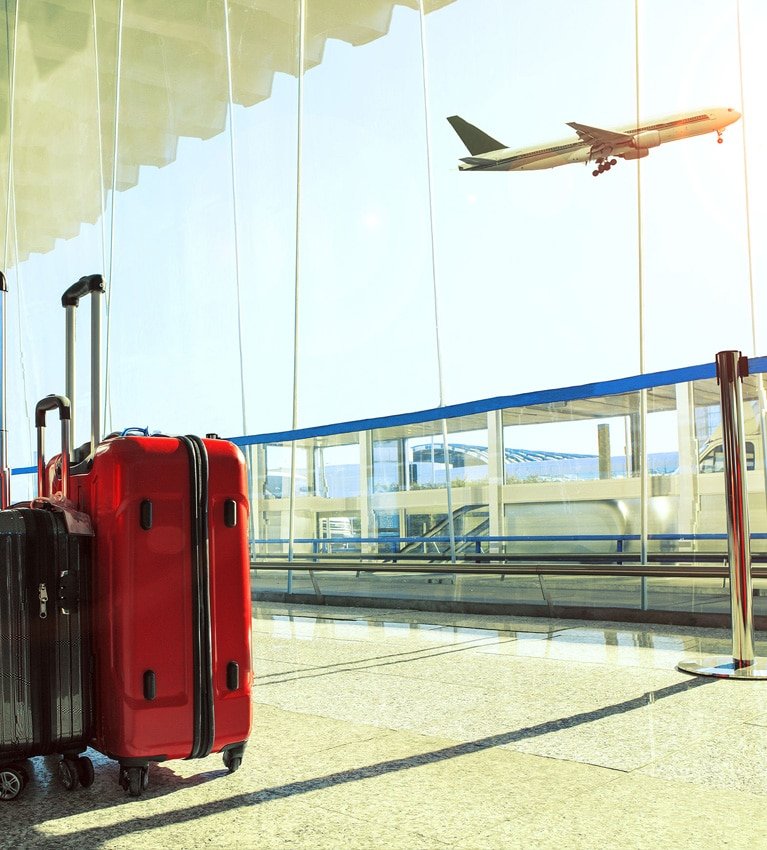
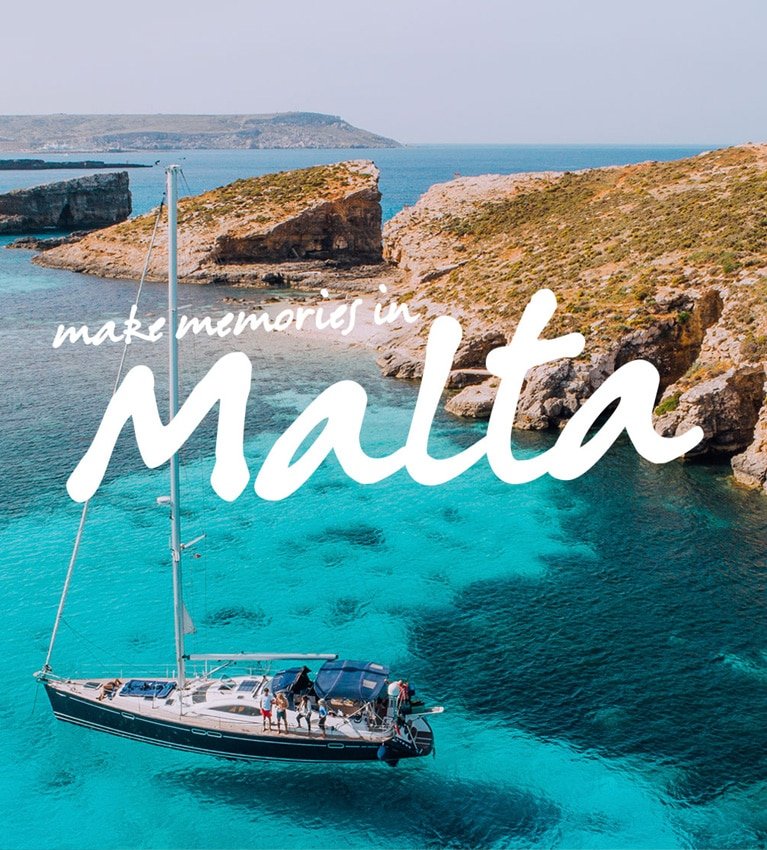
Alan Arrigo, general manager of major player in the local tourism sector Robert Arrigo & Sons – who not only handle incoming tourist groups but also manage several hotels – disagrees with Tony Zahra’s proposal.
“In this current climate one cannot buy demand when there is none”, says Arrigo. “Just like a hotel will not gain much total revenue by lowering further its rates. Price isn’t the reason why people are not currently booking their holidays as travel has become increasingly localised and complicated. Therefore, you can’t expect to solve the problem with a solution solely based on a supply-side price reduction or subsidy”, he explains.
“I believe that solutions lie by taking a long-term view. To the outsider, all Mediterranean destinations offer a unique proposition to the traveller. We need not only to build on offering a unique solution but also enhance it with more creativity. Therefore, the time is ripe for the various stakeholders…in the industry to come together to plan and implement a holistic strategy to give the tourist a truly memorable, quality experience on the islands.
“In the short term, we also need to find a way that product Malta is a product which tourists feel comfortable and safe to visit within the present Covid reality and this can be achieved only if there is support of the stakeholders to be able to invest in achieving such”, continues Arrigo.
“We are seeing many tour operators overseas, including long-standing established firms, cease trading during this pandemic and unfortunately the likelihood is that further players in the travel and tourism industry will have to decide to cease trading”, concludes Alan Arrigo. “Realistically, 2021 is likely to hold the same pattern for travel and tourism, and it would be better to reconcile with the fact now and plan accordingly”.
Former Malta Tourism Authority CEO and now chief executive of Malta Med Air, Paul Bugeja, thinks that Zahra’s proposals for free tickets “make a lot of sense at face value; we all know that tourism is a very strong engine in driving forward economic activities at all level”.
However, as an accountant by profession he asks a few pertinent questions: “Would these guests be travelling on charter or schedule [flights], as cost per seat would differ substantially?
“Would other stakeholders be ready to accept free of charge services?
“What about hotels and private accommodation owners…what rates would they charge?
“Would this scheme apply to all airlines and incoming sea passenger ships?
“How would one differentiate between tourists and business travellers?
“I would suggest,” says Bugeja, “that the best way to boost tourism, besides offering competitive prices, is to keep close track of the numbers of infected people, plus rapid tests at the airport, before departures rather than on arrival. If we control the numbers we would see again a substantial improvement in arrivals and improved demand as we had in July and August, before the numbers started to creep up again.
“People will not travel if they don’t feel safe, I would say even if you pay them, least of all if it’s free. But if we can assure visitors that we are well controlled, and a country well-disciplined, we would see an increase in the numbers as Malta is a sought after destination”, concludes Bugeja
Zahra’s suggestion, meanwhile, was shot down by current MTA CEO Johann Buttigieg: “Currently we do not feel that the proposal would attract foreigners to come to travel. Most of the flights cost less than €100, with realistic opportunities to travel at a fraction of the normal cost.
“Therefore, in our opinion, the financial cost for air tickets is not a barrier that would entice or otherwise people coming to the country.
“The most important factor for people to travel is to instil confidence that travel can be done safely and that the host country will actually care for the needs of the tourist, should the need arise”, Buttigieg explains.
Asked his opinion on free airline tickets for tourists, Minister for the Economy, Investment and Small Business Silvio Schembri told The Malta Independent “it is an interesting proposal, and as a country, we are always looking at ways to boost our tourism and with such a proposal one needs to see the pros and cons”.
The bottom line is that nearly everyone in the hospitality industry realizes that incentives in one form or another are required to boost business, in this case, tourist arrivals. What type of incentives is another matter.
What everyone does agree on is that Covid-19 must be controlled, the numbers locally brought down and, most importantly, that Malta is considered a safe destination.
Article written by Terence Mirabelli, Editor of Horeca Magazine



